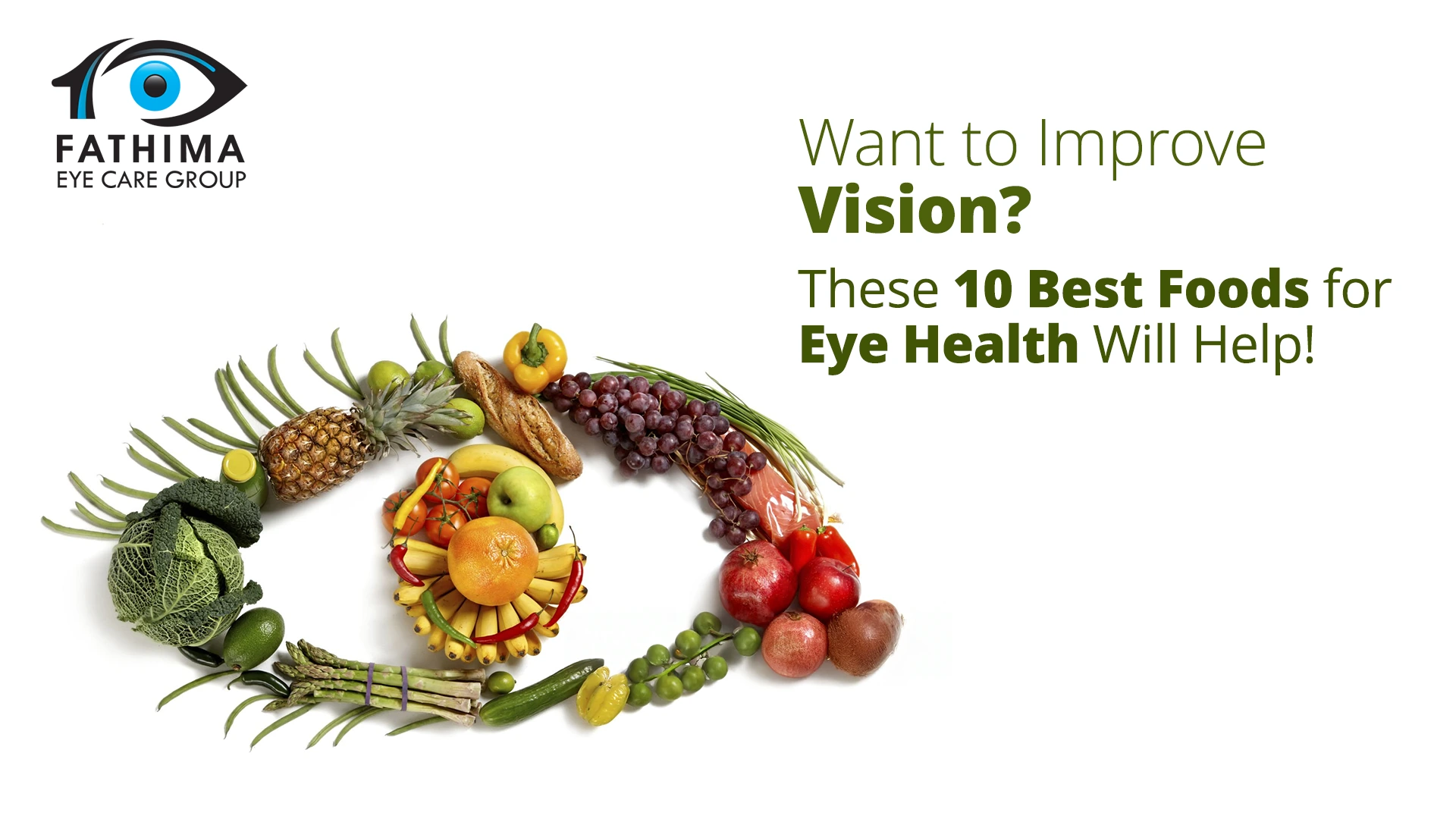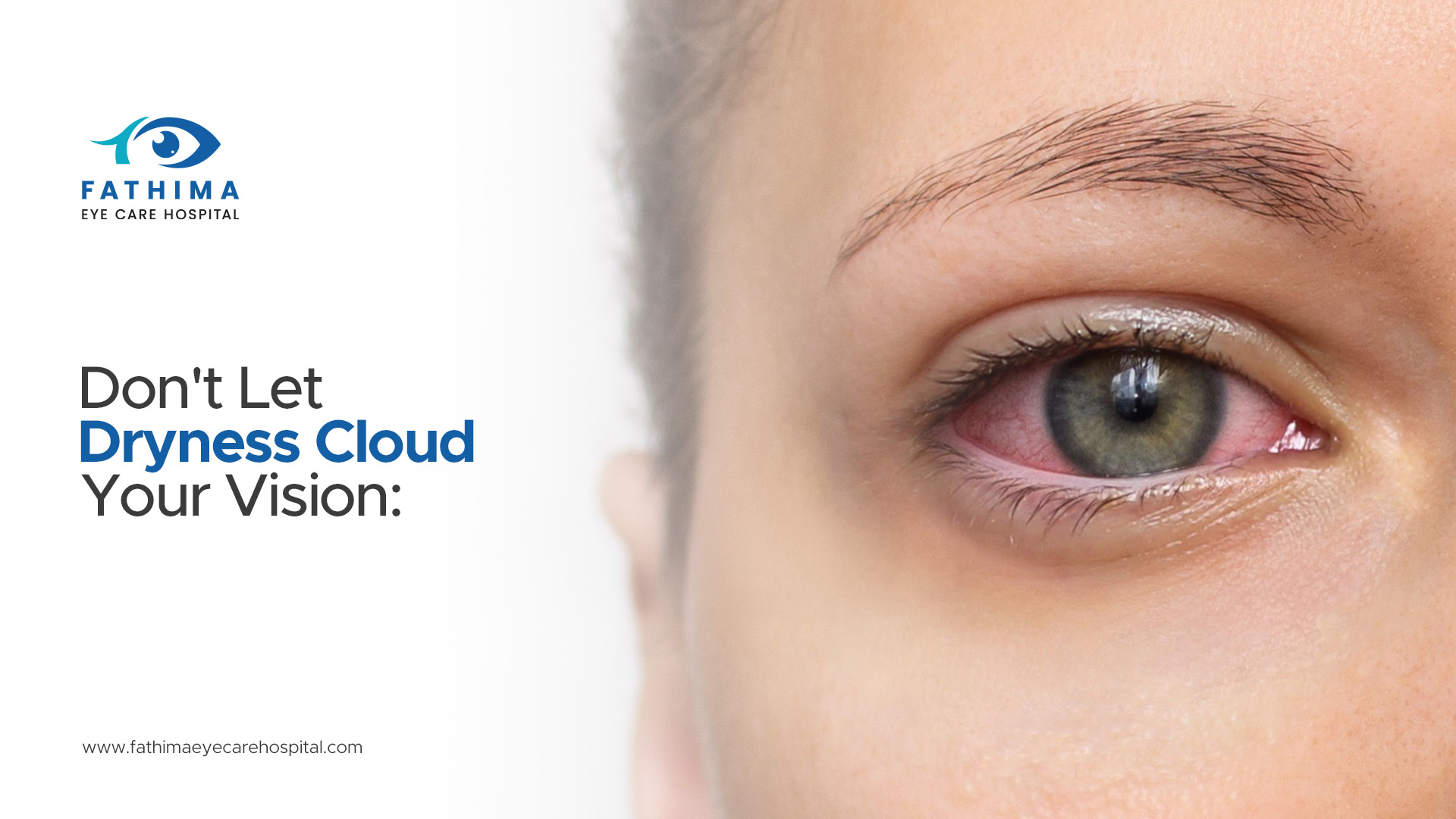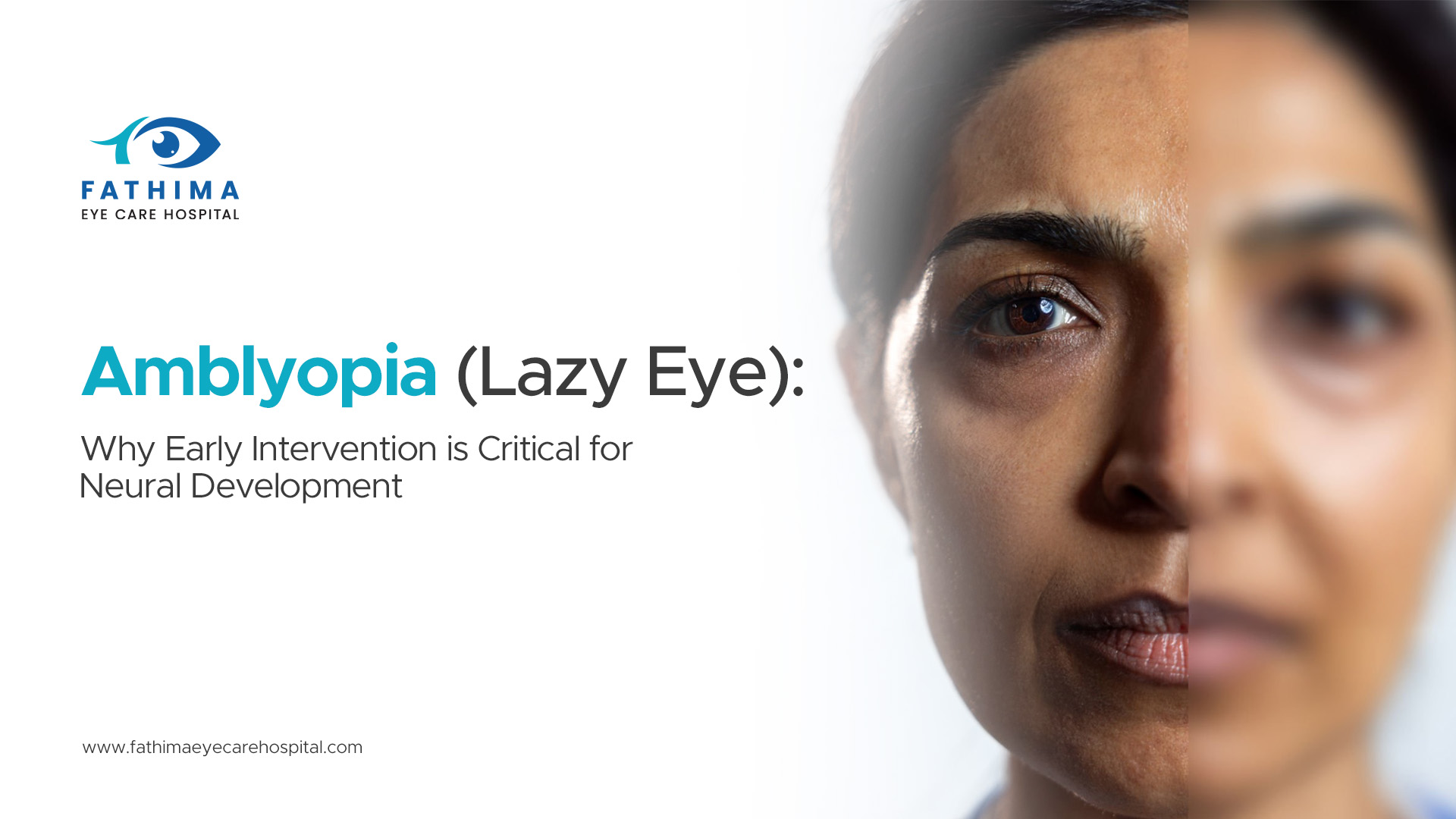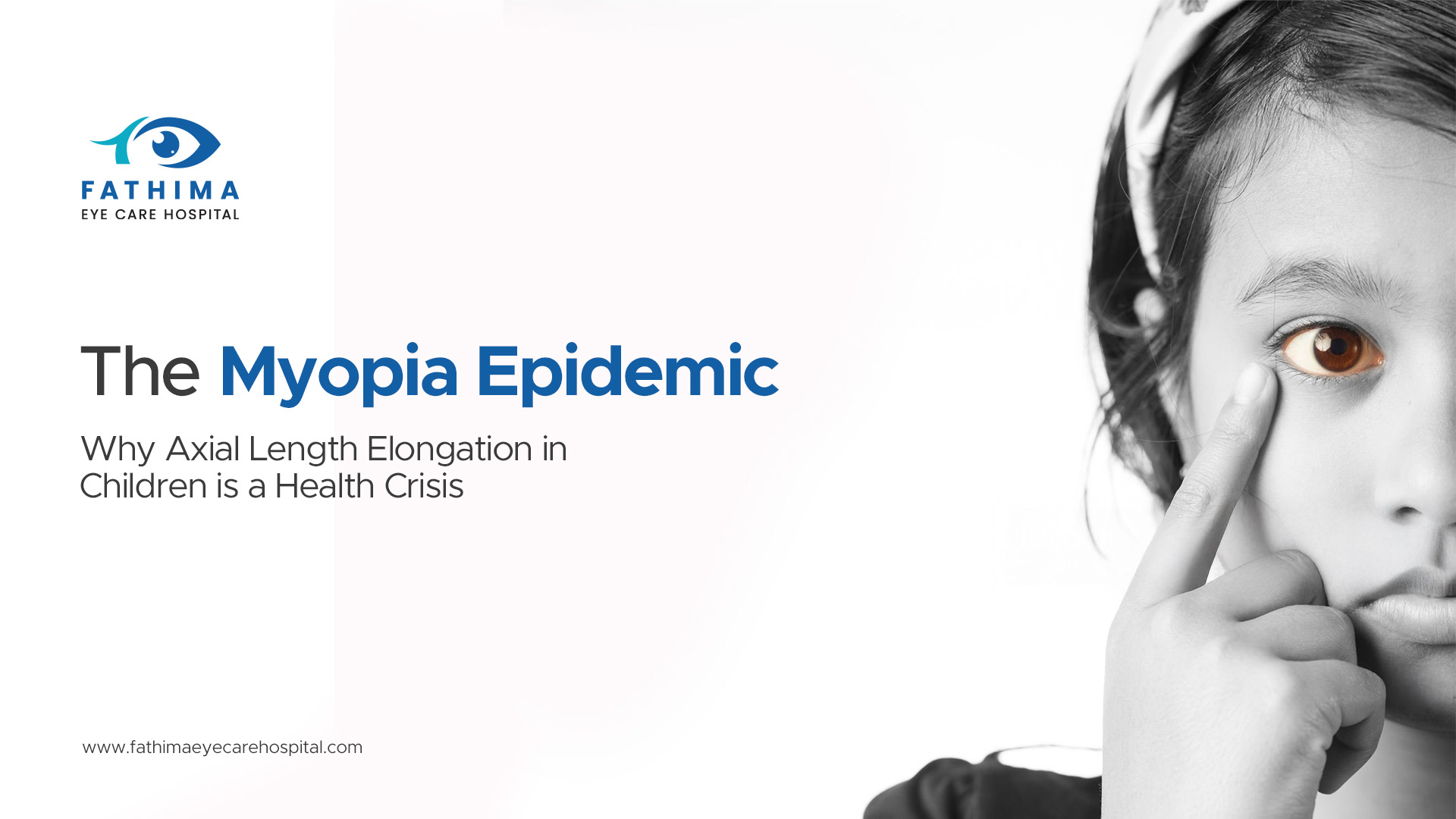

Maintaining clear eyesight isn’t just about checking your eyes regularly or reducing screen time. The best foods for eye health are instrumental in improving your vision and keeping you from eye problems such as cataracts, dry eyes, and age-related macular degeneration. Through including specific food items regularly in your diet, your eyes stay healthy for long. Take a look at some of the vital nutrients for eye health and foods abundant in them.
Dark Leafy Greens
Dark leafy greens top the list of the best foods for eye health, as they have abundant antioxidants known as carotenoids pivotal in minimising the chances of reducing or progressing a disease called Age-related Macular Degeneration. This condition is the reason for loss of eyesight in people above 55 years.
They also contain eye health nutrients called lutein and zeaxanthin. These antioxidants protect your eyes from UV rays. Some of the leafy green vegetables include spinach and broccoli.
Eggs
If you’re wondering what to eat for better vision, then eggs are the answer. They are packed with lutein and zeaxanthin, which can lower the likelihood of vision problems due to aging. They are also rich in vitamin C, vitamin E, and zinc. Your cornea is protected by Vitamin A. Whereas lutein and zeaxanthin reduce your likelihood of getting serious vision problems such as age-related macular degeneration and cataracts. Zinc is a nutrient vital for night vision and contributes to retina health.
One of the best things about eggs is that they are very versatile and can be eaten during any meal of the day. Hard-boiled eggs are one of the easiest ways to enjoy eggs. You can also make them an ingredient in sandwiches or salads. It’s also the best snacking option when you’re hungry.
Fish
Fish are a great source of omega-3 for eye health. These healthy fats keep you from dry eye syndrome and are instrumental in maintaining the health of the retina. These healthy fats also minimise the likelihood of AMD, one of the reasons for blindness in older adults.
Fatty fish contain oil, and including them in your diet is the best way to get fish oil rich in omega-3. Some of them include tuna, mackerel, anchovies, sardines, etc. There are many ways to cook fish in healthy ways, which include grilling, air frying, and roasting. Deep-frying fish is not healthy and makes it lose all nutrients.

Carrots
A chemical called beta carotene, as well as vitamin A, can be attributed to the orange colour of carrots, which are abundant in both these chemicals. Vitamin A is one of the vital vitamins for eye health. Your night vision will be the very best when you incorporate carrots into your diet. Other rich sources of beta-carotene include sweet potatoes and mangoes.
It’s effortless to add them to your diet—you can have them as is or slice them up to add them to your afternoon and evening meals. To get your vital nutrients, mix them with the ingredients for salads and soups. Or you can even add a handful of shredded carrot to your pancake or muffin mix.
Nuts
Almonds, walnuts, cashews. Peanuts, chia seeds, and sunflower seeds are loaded with healthy fats and eye health nutrients. They include both zinc and vitamin E. Zinc is instrumental in retinal health and the working of vitamin A. Whereas Vitamin E safeguards your eyes from oxidative stress and damage. Eye conditions such as age-related macular degeneration and cataracts can develop only slowly when you include plenty of vitamin E foods in your diet.
A diet for healthy eyes must include nuts beneficial for your eyes; a handful of nuts and seeds listed above for a meal every day is recommended. You can also sprinkle or grind them with your smoothies, breakfast cereal, or oatmeal. But, be careful with the serving size. Since the nuts are packed with calories, do not go overboard with nuts.
Dairy
Yes, you heard it right! Milk and yoghurt are great for your eye health. They are foods rich in vitamin A, calcium, and zinc. Zinc is immensely beneficial for night vision and keeps you from cataracts and macular degeneration. Whereas calcium is vital for optimal eye muscle health and safeguarding the eye’s sensitive components.
Milk and related products from grass-fed cows are more advantageous. Dairy is versatile and can be eaten anytime you want. It can be a part of your meal, or you can have a cup of tea/coffee. Another option is to include milk with your breakfast cereal or consume yoghurt for breakfast or as a snack. With cheese, you can grate it and top it on your salads or sandwiches.
Tomatoes
What makes tomatoes one of the best foods for eye health is the antioxidant contained in it, called lycopene. It safeguards your eyes from detrimental UV rays and oxidative stress. This antioxidant is vital for retinal health as well as minimising the likelihood of eye conditions such as AMD and cataracts.
You can incorporate tomatoes into your diet for healthy eyes in a variety of ways. Slice them up in small chunks and add them to your salads, sandwiches, and wraps. You can also make a paste of it and use it in pastas, soups, and stews. Or make a chutney out of it for the easiest preparation.

Bell Peppers
Bell peppers, or capsicums, are packed with vitamins A, C, and E, as well as beta-carotene, which can also be attributed to the brightness of capsicums. They also contain plenty of antioxidants, safeguarding your eyes from detrimental free radicals. The vitamin C is beneficial for the health of blood vessels in our eyes and keeps you from eye conditions such as cataracts. Whereas beta-carotene helps protect the retina and enhance your eyesight.
Even though you can derive this vitamin from various eye health supplements, the most effortless way you can get them is from various foods such as cauliflower, papayas, and strawberries. If there’s one vegetable with the most vitamin C, that’s capsicum. Since heating results in the vitamin C breaking down, it’s important to eat them raw. There are many ways in which you can have bell peppers. You can add them to your salads, noodles, fried rice, and sandwiches.
Sweet Potatoes
If there’s one thing common in sweet potatoes and carrots, it’s beta-carotene. This antioxidant is converted into vitamin A by our body. It is vital for maintaining healthy eyes and supporting eyesight, particularly in low-light environments. Moreover, sweet potatoes contain fibre in large amounts, making them a nutritious and filling snack item. You can also benefit from the antioxidants present in them that safeguard your eyes from oxidative damage.
You can have sweet potatoes the most healthy way by either roasting or baking them. Another tasty meal you can make is a sweet potato casserole with sweet potatoes as the main ingredient. For more flavour and nutrients, cook and mash them and include them in your stews and soups.
We Fuel Your Vision: Nutrition and Expert Care Support Long-Term Eye Health
Eating the best foods for eye health, including the fruits, vegetables, seeds, and fishes listed in this blog, is sufficient to ensure you get the apt nutrients for eye health. People who can’t get enough nutrients from what they eat can get assistance from an eye doctor regarding eye health supplements. If you’re someone with eyesight issues or restrictive diets, then discuss this with our ophthalmologist, who can offer you a checklist of the best foods to eat for eye health.
At Fathima Eye Care, we know that your nutritional needs and health conditions are distinct. Our skilled ophthalmologists can craft a custom plan to enhance and maintain your eye health. If you find it challenging to fulfil your nutrient needs via diet or are experiencing certain eye conditions, we provide suggestions on the ideal foods and supplements to support your eyes.
Schedule an appointment with us today! Let’s together seek a clearer, better vision with proper nutrition and expert care.






